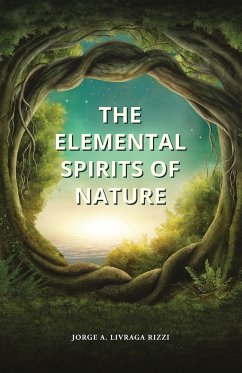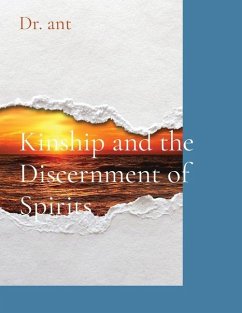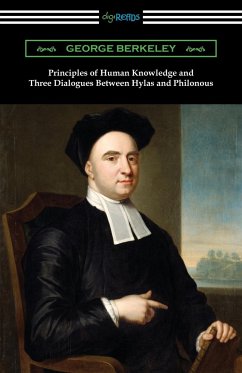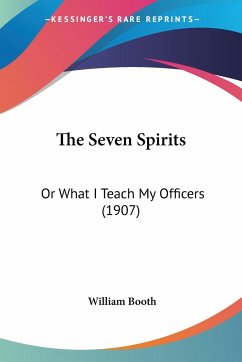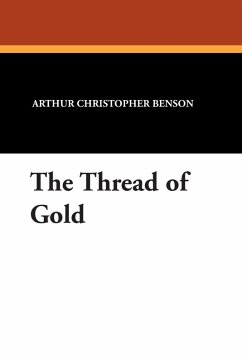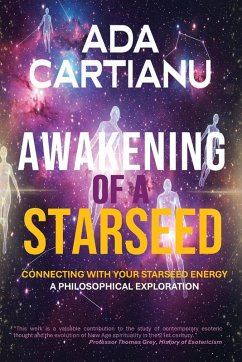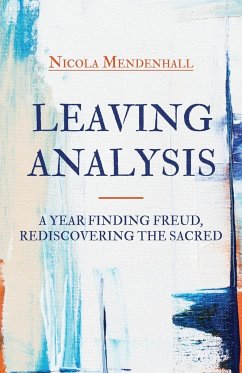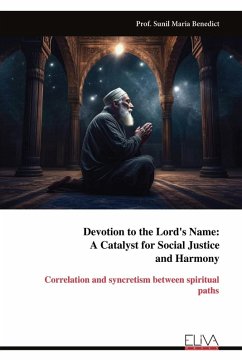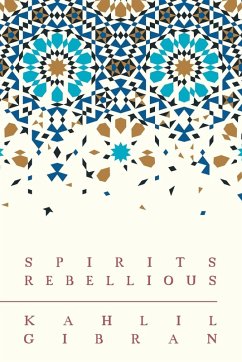
Spirits Rebellious
Versandkostenfrei!
Versandfertig in 1-2 Wochen
13,99 €
inkl. MwSt.
Weitere Ausgaben:

PAYBACK Punkte
7 °P sammeln!
Soon after publication of the original Arabic of Spirits Rebellious at the turn of the century, considerable agitation and intrigue developed. The book was publicly burned in the Beirut marketplace by furious church and state officials who adjudged it poisonous, and fiercely dangerous to the peace of the country. Lebanon was then suffering virtual slavery under oppressive Turkish rule. Gibran’s bitter denunciation of both religious and political injustice prevailing at the time brought also his anticipated exile from the country and excommunication from the church, although his parents were ...
Soon after publication of the original Arabic of Spirits Rebellious at the turn of the century, considerable agitation and intrigue developed. The book was publicly burned in the Beirut marketplace by furious church and state officials who adjudged it poisonous, and fiercely dangerous to the peace of the country. Lebanon was then suffering virtual slavery under oppressive Turkish rule. Gibran’s bitter denunciation of both religious and political injustice prevailing at the time brought also his anticipated exile from the country and excommunication from the church, although his parents were staunch Maronites. It was the story Khalil the Heretic, in particular, which drove the Sultan and his Emirs into trepidation, and caused nervous authorities in the entire Middle and Near East to examine into their governments.




